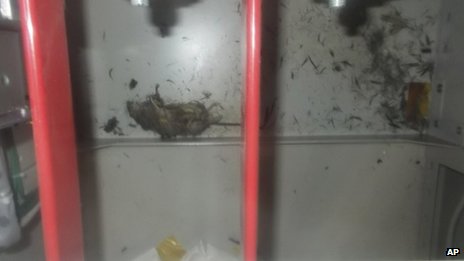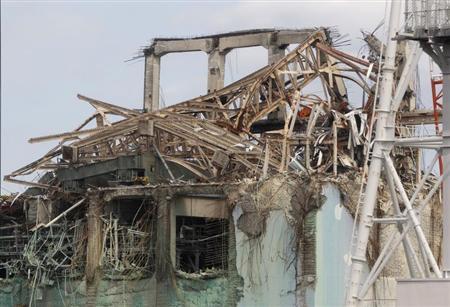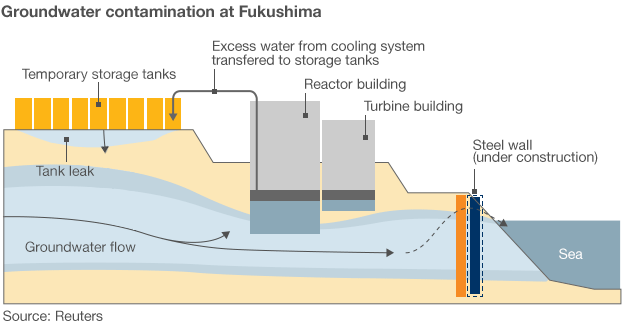The questions are:
Is a failure of a nuclear reactor like the ones seen a risk that can be taken on a base of one meltdown every 25 years or even less with an increasing number of installations?
Michael,
This is what we should expect if no drastic changes are made. We need to deal with multiple risks such as demonstrated in the Fukishuma tragedy. Earthquakes and tsunamis are relatively common events, but there's no excuse for bad planning such as bypassing protective sea walls, locating pumps below ground level and have a design of a plant that depends on anything by gravity to have a safe shut down.
Plants need to have new guidelines for all systems so that the best international experts can provide the highest safety. Right now, in almost any plant in the USA, there are dozens of different versions for any valve or meter or other device, so it's harder to track faults and make safe repairs. In the reports of the Nuclear regulatory bodies here, there are daily infractions to safety rules and upkeep. Often the company is given time and then more time for things that don't meet standards. In fact, the nuclear Regulatory Commission is more of a friendly colleague than a task master and allow a very tolerant attitude to patch ups.
What additional cost is required to increase safety?
The losses to Japan and Russia far exceeded any extra design costs to deal with the factor mentioned above.
Where is the point where the safety costs so much that the profitability of such an installation is in danger?
The biggest danger is that we transfer all our wealth to purchase oil to liberate more CO2, (worse to countries that are hostile to us)
What is valued higher - human life or profit?
Nuclear energy is a major potential solution, but like anesthesia, has to be run by ethical people, not the profit motive. Energy ought to be national state ventures and used to subsidize that nations industries, so that their economies can be energy-independent. That way the nuclear industry would be run for the good of the country. There is a place for private enterprise, as long as there's powerful and independent external planning, implementation and monitoring over safety designs and practice. So it would be something like running a major teaching hospital. It could make a profit, but every part of the operation has to meet standards of efficacy and safety.
Being a member of the external safety monitoring force, should be through a career track of a University degree and should exclude from hire anyone with connections to the very industry they have the responsibility to control. Right now, especially in Japan, there's often the opportunity for transfer back and forwards between companies and the agencies that are supposed to watch over them. This conflict of interest erodes the critical edge of decision makers. It's as if executives and policemen are in the same fraternity and people don't to protect each other.
I don't think that we found the right balance here.
For sure!
I ask these questions on a purely logical base - each accident produces a loss of usable land for quite a long time notwithstanding the consequences of radioactive material in the environment and food chain.
Nuclear waste processing and storage is another subject...
I do feel that we can have safe nuclear reactors, but not by commercial companies in bed with the regulators and not using the current lassoer-faire attitudes.
Still, there's a more fundamental issue we need to address. Facing the realities of human growth and human waste is the key to tackling this madness. How do we do this when 8-10 children is considered the right, need and religious duty of so many cultures. We can't have logarithmic growth and not damage our living spaces. It may not be P.C. to state this bluntly, but as long as people believe that the demands consequent on unrestrained population growth will be solved by God, man will take no responsibility and just look for the profits to be made.
Asher








